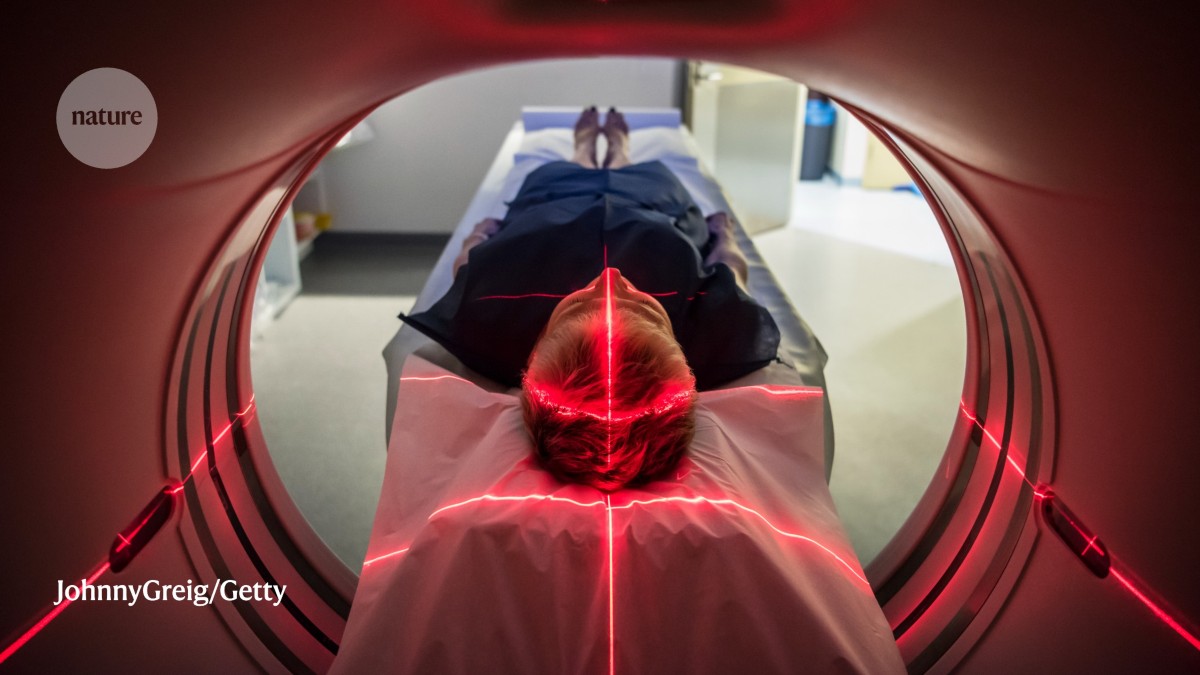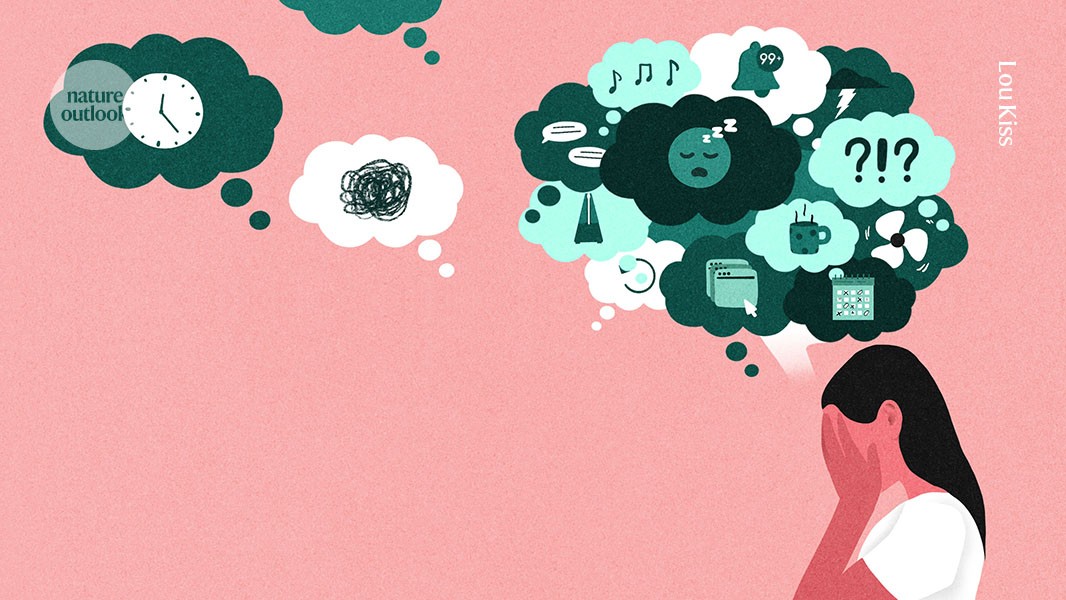#neurobiology
#neurobiology
[ follow ]
#trauma #mental-health #adhd #dopamine #grief #motivation #addiction #stimulant-medications #misconceptions
fromPsychology Today
1 week agoWhat If the Real Antidepressant Is You?
That question may sound provocative, but it has fascinated scientists for decades. Despite the billions of dollars spent each year on antidepressant drugs, a striking body of research suggests that much, and possibly all, of their benefit may come not from chemistry, but from expectation: the simple belief that the pill will help. 1,2 That phenomenon has a name: the placebo effect.
Mental health
fromPsychology Today
1 month agoDo Psychopaths Experience Fear?
The prototypical psychopath is pictured as callous, unemotional, impulsive, and fearless. While psychopaths may seem fearless, it does not mean they are not fearful. Fearlessness is not always the opposite of fearfulness. From my own observation, the psychopathic female is especially fearful and anxious. Psychopaths can experience fear Psychopathy researchers Sylco Hoppenbrouwers, Berend Bulten, and Inti Brazil analyzed 16 research reports relating to psychopathy that included measures of fear.
Psychology
fromFast Company
1 month agoA 25-year study of super-agers found they all have this 1 behavior in common
Most people say they want to live to a ripe old age. But that isn't really true. What people really want is to live to a ripe, old age in good mental and physical health. Some of us actually get to live this dream. These folks are known as super-agers and they make it well into their 80s not just in decent physical shape, but also with minds at least as sharp as people 30 years younger.
Medicine
fromPsychology Today
2 months agoI Used to Drink to Calm My Anxiety-Here's What I Wish I Knew
The first time I discovered the social lubricant magic of alcohol was at a high school party. The music was loud, and I was anxious. A friend handed me a beer, told me it would help me loosen up. And it did. From then on, I learned to turn to alcohol for a little confidence boost every time the discomfort of social anxiety rises.
Mental health
fromBig Think
3 months agoThe ancient origins of partnering and romantic love
No matter what their gods were, what they did for a living, what they wore, the songs they sang, everything varies except love, and everybody loves. So I became convinced that this was a real thing, that we were built somehow to form partnerships. And then the day came when I thought to myself, "Well, then it must be something in the brain."
Relationships
fromPsychology Today
3 months agoHow Chronic Disappointment Rewires the Brain
Optimism lives in a curious in-between space. It isn't an outcome so much as an expectation about one. Yet optimism and pessimism each have immediate consequences for mental health. When we expect good things, daily life feels safer and more enjoyable. Persistent pessimism, on the other hand, breeds emptiness and depression. As a psychiatrist, I often meet people who undermine their own positive feelings.
Mental health
fromBig Think
4 months agoHow to train your nervous system for optimal performance
When I think about why a physiological explanation for human behavior is more interesting to me than a philosophical one, I always say that the philosophical, or as it evolves in the 20th century, you get the psychological, and they're sort of the same thing for a little while. Psychology's incredibly useful science, but in a lot of cases, it's an outside-in science. The brain is actually an inside-out mechanism.
Science
fromPsychology Today
4 months agoHow to Handle a Workplace Bully
"I throw up every day before work now. When I hear his voice, I shake. I can't sleep, and I've lost weight. This job is killing me!" she cried. Kathy worked for a bullying boss whose recent tirades escalated to an unbearable level. The last straw for Kathy occurred when her boss stomped up behind her and slammed a large report binder on her desk, startling her.
Mental health
Mental health
fromPsychology Today
7 months agoIt's Not Fair: Why Some People Don't 'Get' Mental Health
Blaming those with mental illness is often easier than acknowledging their suffering.
Serious mental illness symptoms can be misinterpreted as laziness or irresponsibility.
Mental health conditions are neurobiological, deserving similar respect as physical illnesses.
Individuals with mental health issues deserve compassion, not stigma.
Mental health
fromPsychology Today
8 months agoCan't Sleep With OCD? Here's What Actually Helps
OCD sleep disruption involves unique neurobiological mechanisms, not just stress.
Compulsions and cognitive hyperarousal severely impact rest.
Tailored strategies like ERP and light therapy are essential.
Addressing sleep is vital for effective OCD recovery.
[ Load more ]








